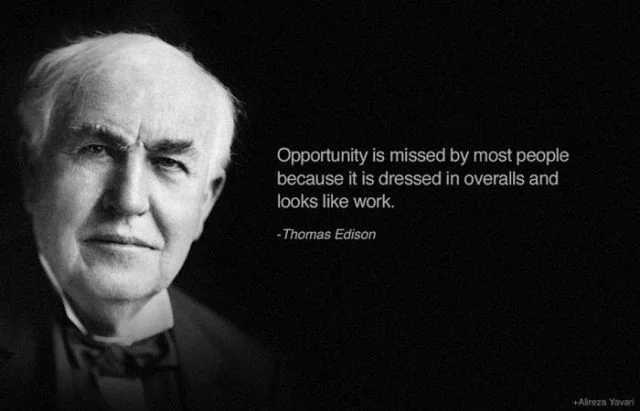Every man has this question written on his heart: do I have what it takes?
Do I have what it takes to lead? To provide? To protect those I love most in the face of danger?
To answer yes requires a lot more than a hunch or hope. It’s not one of those things that a participation trophy solves for you. No amount of motherly love and support can make a man ultimately feel good about himself.
But each man wants to wake up full of confidence to shout, with bass in his voice, a resounding YES to that question: I do have what it takes. And if I don’t now, I dream to someday. I want to prove myself, mostly to myself and to the few men I truly respect and admire.
For a long time, we’ve casted this notion as toxic to the male mind. Society determined that this sort of natural unworthiness was not good for men. It cultivates a negative and nasty competitive culture. It creates winners, yes, but it also creates losers, which is a net negative for the community.
So instead, our parents generation sought to create a world full of winners. There was no special prize for first place, but rather an equal prize for all participants. And somehow, we just all felt like losers. Then, the universal winners head out into the real world where, eventually, the nice act of complete parity had faded away.
Young men who have no certainty that they are capable of handling the challenges that lay ahead on the path of duty, responsibility, and leadership were just expected to step into the breach. And many have simply chosen not to. Others tried, but failed. And a select few of us have embraced life head on and have come out victorious, at least so far.
But what is it that made the difference? How does a man learn that he has what it takes to be a good husband, father, and leader in his workplace or community?
What every man seeks is confidence. It’s what we see in the eyes of a Tom Brady when his team is down 3 and he gets the ball back with 2 minutes left. It’s what we see on the TV screen when the action here is gearing up for his final mission. It’s what we recognize in strong political or business leaders in their power suits making impactful decisions.
But how do we build true, lasting confidence? This was a big question for me as a teenager. I reeked of cockiness in my teen years. I was arrogant, especially on the basketball court, but at least it was somewhat deserved there. What’s worse is the level of arrogance I had off the court. I had proven nothing, achieved next to nothing, and my character still left much to be desired.
I wanted to be a confident, capable, and courageous man someday. I yearned to be the type of man others looked up to, came to for advice, and would choose as their leader. I am blessed that God helped me to become that, but it’s important to dissect how it happened.
I recently heard what I think is now my favorite definition of confidence:
Confidence is your reputation with yourself.
The truth is that you can’t control your reputation with other people. Basing your happiness on how others perceive you is a surefire way to end up unhappy. But you are fully in control of your reputation with yourself - for better or for worse.
You know how many times you snooze in the morning. You know what you do when nobody is watching. You know the good and bad things you do on the internet. You know the status of your prayer life, physical health, screen addiction, and more. You know whether or not you’re a man of your word, somebody who does what they say they are going to do.
And that’s why you can’t fake confidence. You can deceive others about who you really are, but you can’t deceive yourself. If you’re insane enough, maybe you can put up with a big gap between those two for some time, but eventually, it catches up to all of us.
Going back to my teenage years, I can remember the participation trophy mentality. I was consistently affirmed for how wonderful I was, even though I knew deep down inside I was locked down in the chains of sin and misery. On the contrary, I’ve been hated and disowned by many of the people who once loved me, while having an immense inner peace knowing I was living a life based in truth and goodness.
The latter was much more satisfying. My confidence was through the roof. That’s how you become bulletproof. It’s how you unburden yourself from a fear of death, fear of failure, and any other fears that hold you back from reaching your full potential.
The first step in building lasting confidence is to recognize the ways in which you are destroying your reputation with yourself. We will talk about step two next week.





















